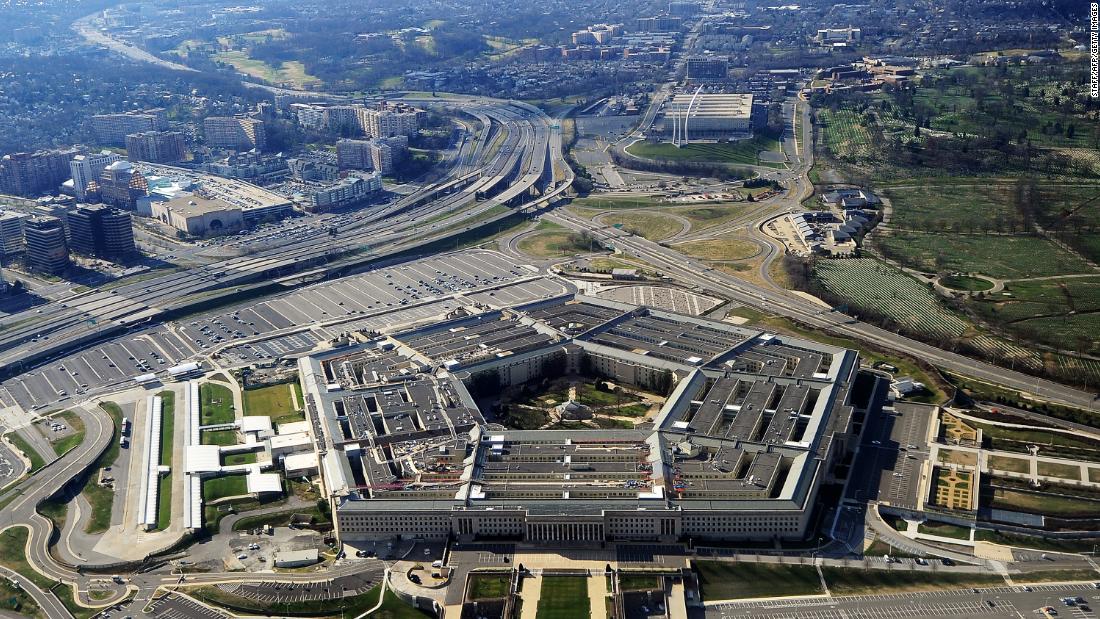The policy, which has been widely ridiculed by LGBTQ activists as cruel and irrational, was first announced by Trump in July 2017 via Twitter. The ban specifically blocks individuals who have been diagnosed with a condition known as gender dysphoria from serving, with limited exceptions. It also specifies that individuals without the condition can serve, but only if they do so according to the sex they were assigned at birth.
The White House declined to comment on the plans. White House press secretary Jen Psaki said in a statement last week that the government would lift the ban through executive action in the first days or weeks of Biden’s presidency.
The study put the number of transgender people in the military at the time between 1,320 and 6,630. Gender-change surgery is rare in the general population, and Rand’s study estimated the possibility of 30 to 140 new hormonal treatments per year in the military, with 25 to 130 gender-related surgeries among members of the active service annually.
The cost can range from $ 2.4 million to $ 8.4 million per year, an amount that would represent an “excessively small proportion” of total health spending, the study concluded.
Trump’s decision reversed a policy initially approved by the Defense Department of former President Barack Obama, which was still under final review, which would have allowed transgender individuals to openly serve in the armed forces.
